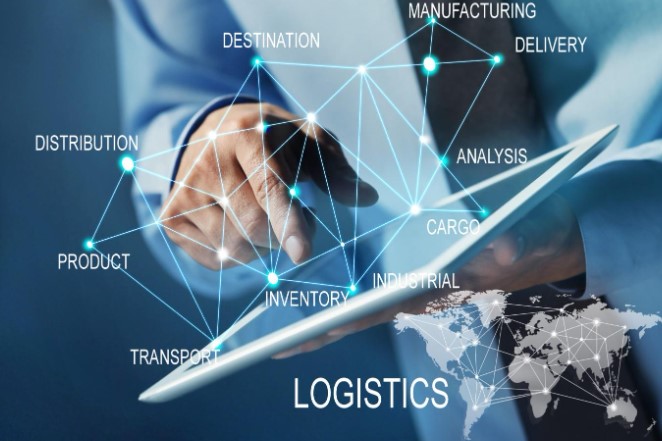Finding Efficiencies: What Is Logistics in Business, and How to Improve It?
Where would business be without logistics?
Logistics is an absolutely essential factor of business operation. Without it, companies simply couldn’t sell their products. They would be stuck with loads of stock and nowhere to send it.
Yet for all the logistical processes within the modern business market, there is still plenty of room for improvement. Here is a brief breakdown of what is logistics in business and how to improve it.
What Is the Purpose of Logistics in Business?
Logistics is an integral part of business operations that helps companies plan and execute their shipping and storage activities. It also supports their purchasing, inventory, fulfillment automation, and production processes.
It involves the coordination and movement of goods or services from the point of origin to the destination. The purpose of logistics in business is to ensure that goods and services arrive on time, at the right place, in the right quantity, and at a reasonable cost.
Business logistics is also responsible for the proper storage, packaging, documentation, and tracking of goods, enabling companies to meet customer needs more efficiently and effectively.
Furthermore, it helps reduce overhead costs associated with transportation, storage, and shipping, allowing companies to pass the savings on to their customers. Logistics is essential for efficient and successful businesses, as it helps streamline operations while reducing costs and ensuring customer satisfaction.
The Different Types of Logistics
The different types of logistics include transportation, warehousing, packaging, material handling, distribution management, information management, inventory management, order fulfillment, customer service, and supply chain management.
Transportation logistics deals with the planning and movement of goods on the road, by air, or by water. Warehousing logistics handles the storage, loading, unloading, and storage of goods in warehouses.
Package logistics deals with storing, transporting, and delivering goods in containers. Material handling logistics involves managing the movement, storage, and packaging of materials.
Distribution management entails managing the movement of goods between manufacturing and distribution centers. Information management includes collecting and organizing logistics data, as well as analyzing and redistributing it.
Inventory management is in charge of managing inventories to ensure availability for customers. Order fulfillment deals with the delivery of products and services to customers. Lastly, customer service is concerned with providing quality support to customers.
The Benefits of Logistics
Logistics are essential to the success of any business. It helps businesses plan, store, and move goods quickly and efficiently. Businesses can benefit from logistics services in many ways.
Logistics can speed up customer service times and help businesses provide superior service. Also, it can streamline inventory management and help businesses maximize their profits.
By utilizing the latest software and technology solutions, businesses can track their supply chain from origin to destination, ensuring the timely delivery of products and services.
Finally, logistics can help businesses reduce or eliminate the cost of warehousing and storage of goods, making the operation cost-efficient. By providing the efficient and cost-effective movement of resources, businesses can benefit from logistics.
Find Out What Is Logistics in Business
Logistics in business is key to creating efficiencies and reducing costs. By understanding what is logistics in business and taking the necessary steps to improve it, business owners can create a more efficient business. Learn more today to find out what logistics in business is and how to maximize your business successes.
Did you find this article helpful? Check out the rest of our blog for more!










